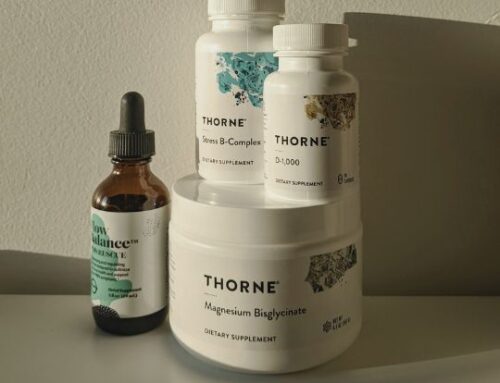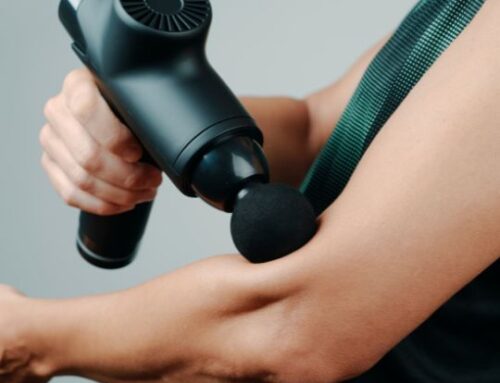Did you know that salt is essential during pregnancy? Despite their cravings for salty foods like pickles and olives, pregnant women have been told to decrease their salt intake. However, the research is telling us otherwise.
The Science Behind It
With pregnancy comes an increased fluid levels (both blood volume and amniotic fluid), increasing your need for electrolytes. Electrolytes are essential for a number of bodily functions and can help prevent nighttime muscle cramps. Salt is also important for a baby’s development. In Real Food For Pregnancy, Lily Nichols, RDN, CDE says “a salt restriction during pregnancy is connected to intrauterine growth restriction or death, low birth weight, organ underdevelopment” and can “affect fetal hormonal, vascular and renal systems to regulate fluid homeostasis in the fetus”.
How Sodium Affects Blood Pressure
Patients are often told to avoid salt during pregnancy as a means of regulating their blood pressure. According to Lily Nichols, this is not evidence-based. For a majority of people, salt does not impact on blood pressure. Researchers from the University of Virginia School of Medicine actually found that only about 25% of the population is salt-sensitive with regards to blood pressure.
In fact, consuming more salt may actually IMPROVE your blood pressure. Studies dating back to 1958 show lower levels of preeclampsia in women with high salt diets. They also observed a reduction in blood pressure and swelling. These findings have been replicated by numerous studies over the years.
Salt Is Essential During Pregnancy
Pregnancy-induced high blood pressure seems to be non-responsive to salt restriction. Studies show that low salt diets do not prevent or control preeclampsia – IN FACT, IT CAN ACTUALLY MAKE IT WORSE! A low salt diet can also negatively affect blood sugar regulation.
A 2021 review on sodium intake in the general public outlined that 3,000 to 5,000 mg of sodium per day was associated with the lowest risk of adverse health outcomes, including cardiovascular disease. It has also been shown that sodium has a direct relationship with progesterone. Women with low sodium diets have significantly lower progesterone levels.
The best salt to consume is unrefined sea salt. Adding 4 heaping teaspoons of salt to your water daily can help with preeclamptic symptoms. Continue this regiment until the time of delivery or symptoms might return. If you start swelling in your 3rd trimester, drink plenty of water AND add sea salt! LMNT is also a great option!
Common signs of sodium inefficiency: swelling, headaches, leg cramps, fatigue, and high blood pressure. It is always important to have a conversation with your health care provider about any symptoms you may be experiencing.





